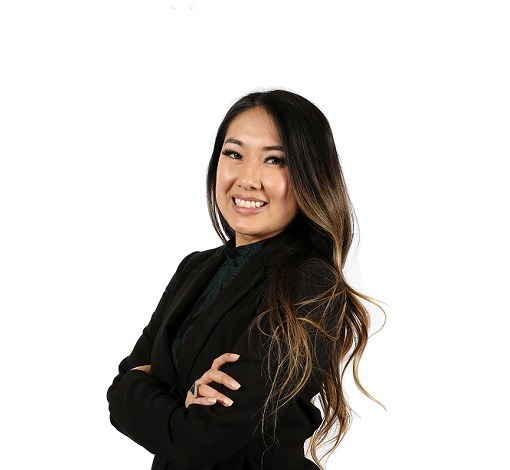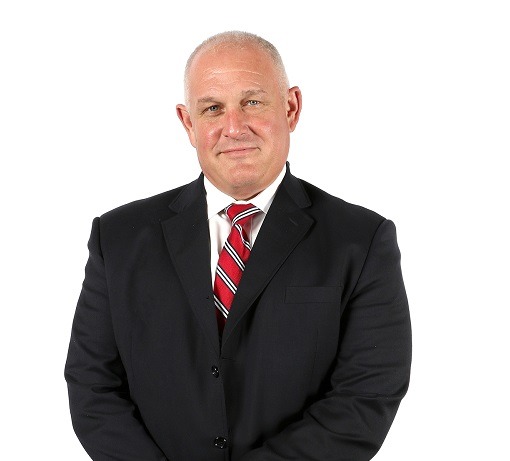Q: I have a bachelor’s degree, am I eligible for an H-1B visa?
A: It depends. You don’t automatically qualify based solely on your degree. The occupation itself must require a bachelor’s degree or higher in a specific specialty. And, your degree must relate to the specialty occupation.
Q: How does USCIS determine that the occupation is a specialty occupation?
A: There are several factors which may help to establish that a position is a specialty occupation. To qualify as a specialty occupation, an offered position must meet at least one of the following criteria: (1) a bachelor’s degree (or its equivalent) is the minimum requirement; (2) the degree requirement is common in parallel positions in the industry or the job is so complex or unique that it can be performed only by an individual with a degree; (3) the employer normally requires a degree for the position; and/or (4) the duties of the position are so specialized and complex that the attainment of a bachelor’s degree or higher is required (in other words, the knowledge required to perform the duties is usually associated with the attainment of a bachelor’s degree or higher).
Q: What is the “equivalent” of a U.S. bachelor’s degree?
A: Three (3) years of progressively responsible work experience equals to one (1) year of education in an accredited U.S. degree program. The experience must be professionally evaluated. If you have a bachelor’s degree from a foreign country, said degree also must be professionally evaluated to be considered an equivalent.
Q: How do you determine whether the case is “H-1B cap exempt”?
A: Certain petitions may be cap-exempt, meaning they are exempt from the annual cap. Universities and related nonprofits, nonprofit research organizations, and government research organizations are exempt. As such, these employers may submit H-1B petitions to CIS at any time during the year. There is also an exemption from the annual cap for the first 20,000 new H-1B beneficiaries who have earned a master’s degree or higher from a U.S. institution.
Q: As an Employer, is there a minimum wage I need to pay the H-1B employee?
A: Yes. The prevailing wage is the salary paid to workers in similar occupational codes in the geographic area of intended employment; the actual wage is the wage the employer pays employees in similar occupations at the location of the intended employment. The employer must certify to the Department of Labor (DOL) that it will pay the H-1B employee the prevailing wage or actual wage, whichever is higher. An employer must also certify that this employment will not displace any U.S. workers. At a minimum, the “level I” wage must be paid.
Q: I am currently in the U.S. as an F-1 student. If my H-1B is approved, do I need to leave the U.S. to obtain a visa stamp and then reenter?
A: Not necessarily. You do not need to leave, however, should you have travel plans, you will need to obtain a new visa stamp to reenter in H-1B status.
Q: What if my OPT expires prior to the adjudication of my H-1B?
A: A timely filed H-1B Change of Status (COS) application automatically extends your OPT to October 1st, 2019 so you may continue to work up until then. However, if the petition has not been approved by then, then you will need to stop working after 10/1 until it is approved.
Q: Can I bring along dependents?
A: Yes, legal spouses and children under the age of 21 can apply for H-4 status. An H-4 visa holder may remain in the U.S. for as long as the H-1B visa holder retains their status.
Q: Can my H-4 dependents attend school or work while in the U.S.?
A: An H-4 visa holder is permitted to attend school, apply for a driver’s license, and open bank accounts in the U.S.; however, they may not work. In 2015, a rule was introduced which allowed the spouses of H-1B holders awaiting green cards to work in the U.S. on H-4 dependent visas. This is known as the “Employment Authorization for Certain H-4 Dependent Spouses” rule. In essence, H-4 spouses of certain H-1B nonimmigrants who are advanced in the process of seeking employment-based lawful permanent residency are eligible to apply for an EAD. Other H-4 dependents cannot work in the U.S. This is done through the filing of Form I-765, Application for Employment Authorization, with the appropriate filing fee and supporting documents. Once approved, the spouse receives and Employment Authorization Document (EAD card) and is permitted to work in the U.S. H-4 EAD’s are thought by most to be on the verge of being eliminated.
Q: How long does the H-1B process take?
A: This varies. Generally, it takes 3-5 business days to obtain a prevailing wage determination from the DOL. USCIS processing times can take up to seven months. In past years, processing times varied from 5 months. However, last year, there was a significant increase in processing times. Processing times can be found on USCIS’ website. There may be an additional delay if a Request for Evidence (or “RFE”) is issued. Once CIS receives the RFE response, it will continue to adjudicate the case. Should Premium Processing become available, it is recommended that pending cases be converted to as to shorten the wait time.
Q: When should I begin the process?
A: Now. The earliest that an H-1B application may be submitted is six months prior to the start date. For petitions that are subject to the annual cap, these must be submitted during the first week of April for the start of the new fiscal year on October 1st. As the April 1st filing date approaches, it is best to speak with an experienced attorney about the entire H-1B process in order to get a head start and plan accordingly. Here at W & O, our team of experienced attorneys have dealt with numerous H-1Bs and would be delighted to assist you with yours.
ABOUT THE AUTHOR(S)

Nancy Vo – Attorney
Nancy Vo is an Associate Attorney at Wilner & O’Reilly. She graduated Magna Cum Laude from Whittier Law School. While at Whittier. She was an editor on Whittier Law Review and earned a CALI award in Legal Writing. She earned a Bachelor’s Degree in Political Science and Public Law from the University of California, San Diego. She works in the firm’s employment-based practice where she focuses on non-immigrant applications for Aliens of Extraordinary Ability, L-1 intra-company transfer visas for executives and managers, and E-2 treaty visas. Ms. Vo grew up in Los Angeles with three older sisters and parents who were all refugees from Vietnam. She is a first generation Vietnamese American and the first in her family to enter the legal field.

Richard Wilner – Founding Partner
Richard M. Wilner is a founding member of Wilner & O’Reilly, APLC and is Board Certified by the State Bar of California as a Specialist in Immigration and Nationality Law. He is admitted to practice law in the State of California and before the U.S. District Courts for the Central, Northern and Southern Districts of California, the Northern District of Texas, the U.S. Court of Appeals for the Ninth Circuit and the U.S. Supreme Court.Mr. Wilner has received the coveted Martindale-Hubbell AV Rating, the highest legal and ethical rating that one can receive from one’s peers in the legal community. Similarly, he has been awarded the title of Super Lawyer from 2007 to the present. He is best known for his work in advising Fortune 500 companies, middle and small market businesses, entrepreneurs and foreign nationals of extraordinary ability in athletics, arts, and sciences in the complex area of U.S. Immigration and Nationality Law.


Comments are closed.